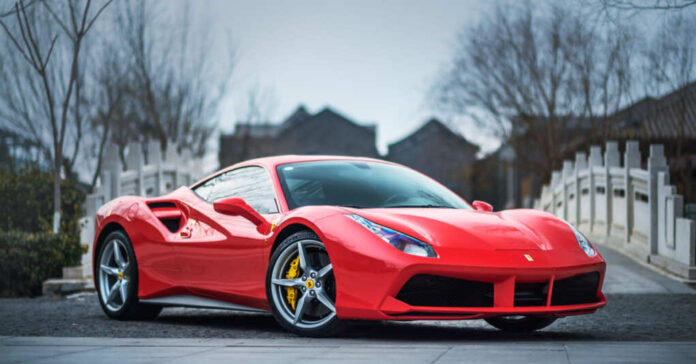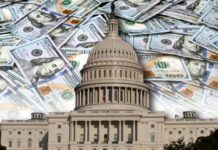
As the rest of the world goes crazy trying to get consumers to buy electric vehicles (EVs) despite not having the infrastructure set up for it, Ferrari is refusing to go all in.
On May 14th, the world-renowned automaker vowed to keep with their current platform of high-performance vehicles until at least the end of the 2030s. They plan on instead proceeding with a strict focus on the 8- and 12-cylinder engine designs that have been powering their vehicles for decades.
While their first EV is due in 2025, they are also going against rival McLaren who claims that the weight and reliability of the batteries make them impractical for supercars. Instead, they promise that their first EV will be something special for buyers, then again that’s what every Ferrari is.
Instead of going headfirst into EVs, Ferrari is taking a more common-sense approach towards the problem. With a goal of becoming carbon neutral by 2030, the company will roll out both EVs and hybrids in addition to its petrol-powered supercar lineup. As the decade continues, they can increase or decrease their production depending on sales projections as well as costs to produce and service these vehicles.
As places like California and entire nations are planning on banning the sale of new gas-powered vehicles by 2035, many are skeptical of just how long Ferrari and other automakers can hold out.
Yet, the European Union has already announced an exemption for vehicles that can run on renewable energy. The idea of making recycled fuel (e-fuel) vehicles (like biodiesel) allowable and quite possibly making them more common on dealership lots is a huge pivot over previous EV or bust mindsets.
This means that holding on to gasoline and other fossil fuel vehicles could not just be a dream but a distinct possibility. As things stand currently, automakers are tired of seeing their sales being impacted by external forces. Computer chip shortages, bad infrastructure for delivering vehicles, and overpriced fuel make EVs look more attractive, and costing gas and diesel automakers to look at other innovations.
Speaking with BBC Ferrari boss Benedetto Vigna explained that government decisions shouldn’t be limiting what people can buy. “I don’t want to be arrogant and impose a choice on our client. It is the client who must choose if they want an ICE (internal combustion engine), a hybrid, or an electric car.”
He also acknowledged that the UK and other places like California are unwilling to give the e-fuel exemption. “We have to cope with the rules of all the countries we operate in. The reason we have three kinds of propulsion – ICE, hybrid, and electric – is that it allows us to cope with any regulation, all over the world.”
A mindset like this is exactly why Ferrari is not only held in high regard across the globe, and why they have been able to endure multiple setbacks over the decades. From their birth in post-WWII Italy in 1947 until today, they have been innovators who could tackle nearly any problem that came their way. Given how their founder Enzo Ferrari was turned away by Lamborghini, it’s not surprising that his company has been so difficult to get rid of.
Ferrari also seems to see the writing on the wall for what EVs could mean for consumers.
For years, they have privately encouraged aftermarket security systems that would disable vehicles from anywhere, but rumors of government-controlled systems have secretly worried many of the execs at Ferrari. Given the reliance of EVs to be connected to outside sources, there are more prone than others to being hacked, taken over, or disabled without warning. As a Ferrari is all about driving fast and being in control at a level most people cannot handle, these systems could prove to be completely disastrous. They also serve as a 180* from the wild stallion that is their logo.















